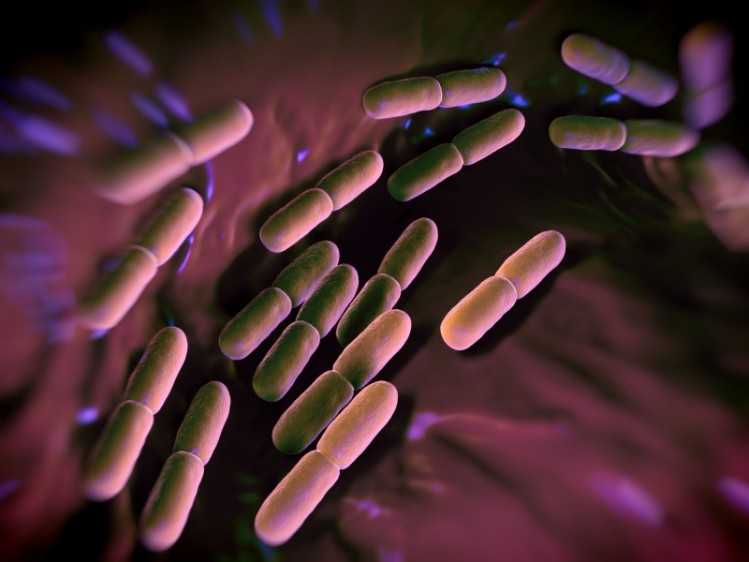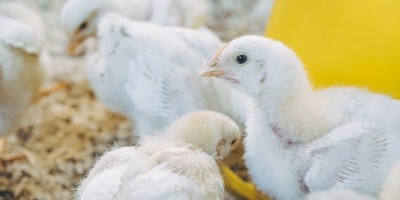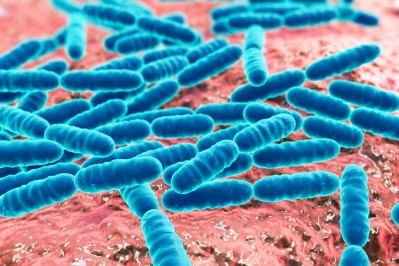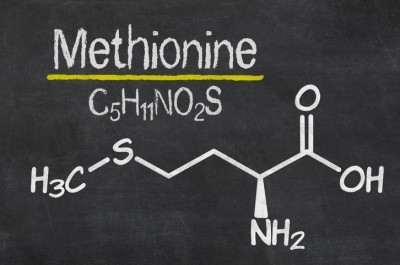Adisseo rolling out new poultry probiotic worldwide, still awaiting clearance in the EU, Latin America

“In the US market, in particular, we see a pull towards excluding medically important AGPs from animal production. This is not led by legislation, but by consumer demand,” said Stefan Jakob, innovation project director, at the Chinese owned company.
Adisseo, in conjunction with Danish company, Novozymes, launched a newly developed probiotic for the poultry segment, Alterion, on the US market at IPPE back in January.
The two companies are also currently rolling out the probiotic, a strain of Bacillus subtilis, in several countries in South East (SE) Asia and the Middle East: “There is a new awareness around antibiotic resistance in those countries,” said Jakob.
Regulatory process
Alterion will eventually be available worldwide, he said. "The time to launch depends on each market - we are taking various factors into account: regulatory path, customer needs, [and] local context," he added.
He said the product is currently going through the regulatory hoops in the EU, where probiotics are registered as ‘gut flora stabilizers’ under the zootechnical additives category. It is also following a similar clearance path in Latin America.
The regulatory environment in the US, SE Asia and the Middle East enabled more rapid time to market.
Jakob said the US Food and Drug Administration (FDA) holds a list of AAFCO approved probiotics, recognized as safe and, therefore, usable in feed: “As our strain belongs to this positive list, Alterion is cleared to be marketed in the US. Some countries in Middle East and SE Asia are also following the FDA recommendations, thus allowing for a quick regulatory clearance for [our probiotic] in those markets," he said.
Screening and validation
He told us the decision to go to market with the strain in question was the result of a highly scientific screening and in-vivo validation process. “It is not an ‘off the shelf’ probiotic,” said the innovation lead.
“Bacillus subtilis are microorganisms producing spores that resist harsh pelleting conditions as well as low gastric pH. They are, therefore, able to reach the intestine of the animal without being damaged, to turn into viable bacteria and provide maximum benefits. The chosen strain stuck out [in our review] of numerous other Bacillus subtilis strains [as it proved] highly resistant in these unfavorable conditions,” explained Jakob.
Moreover, authorities recognize Bacillus subtilis strains as safe microorganisms, he added.
He said the companies have scientific proof that the probiotic stabilizes the gut microflora and improves the gut health of the animal resulting in better feed utilization, but such supporting data has not yet been released.
“We have applied all of our research muscle in screening and developing Alterion both in vitro and in vivo; and we have run extensive global trials with both customers and independent research institutions to confirm Alterion’s consistent performance [in terms of] significant feed conversion ratio improvements.
"The exact methods and detailed results will be published in scientific papers and have been integrated into regulatory dossiers,” said Jakob.
Room for innovation
Helle Warrer Poulsen, VP of animal health and nutrition at Novozymes, told FeedNavigator last May that while there are lots of good players already in the animal probiotics market, there is still room for innovation in the category.
She said some inconsistency in results when using animal probiotics in-vivo has led to a certain amount of industry skepticism around them. The partnership with Adisseo was aimed at ensuring greater “reliability” in animal probiotic technology, said Warrer Poulsen.
She said there is plenty of untapped potential in the probiotics category as it has only had around 15 to 30% animal feed market penetration so far. “The value of the animal probiotics market is estimated at around €200 to €300m, with an annual growth rate of about 8 to 10%.”










